Episode
61
Nurturing the body clock for optimum longevity
Felice Gersh: Obstetrician and gynecologist
What makes us tick? Our in-built clock – the circadian rhythm – plays a huge role in human longevity. Getting an appropriate amount of sleep while the sun is down has tremendous positive effects on our bodies, according to Dr. Felice Gersh, gynecologist and founder of the Integrative Medical Group of Irvine in Southern California. Sleeping in the dark keeps our body’s 24-hour internal clock on track and helps regulate our hormones and metabolism. Still, many people wind up staying up later than they planned, while others work night shift hours, which disrupts our internal clock. In this LLAMA podcast interview with Peter Bowes, Dr. Gersh describes what we can do to regulate our master clock when it is thrown off by lack of sleep or unconventional routines; why it matters for healthy aging and how our meal times could be the solution to night shift fatigue.
Posted: 21 May, 2018 @ 1710 PST
NOTES AND QUOTES
“We’re really designed to be day creatures. Our circadian rhythm is built into our genes.”
-
Why our bodies are built to sleep when it’s dark.
-
Are people who swear they are “night owls” operating efficiently?
-
Felice explains the data that suggests people who travel often, and enter different time zones, have a higher risk of developing diseases like cardiovascular disease, heart attacks and cancers.
-
Why are night-shift workers more prone to depression and other mental health issues?
“We call them social jet laggers.”
-
How eating at the same time every day helps late-night workers get their circadian rhythm back on track. The meals will act as time stamps for the body.
“I don’t believe in breakfast foods, or dinner foods, I think all food should just be good food.”
-
How exposure to light during the day helps our body keep everything in sync, from our metabolism to our hormone levels.
-
Does it help to watch the sun go down? The urge to watch the sun set is embedded in our genes, Felice says. The color composition initiates melatonin production. However, many people aren’t watching the sun set every evening.
-
How overexposure to artificial light, from TVs, computers and cell phones, suppresses our melatonin and disrupts our circadian rhythm.
-
What is light therapy and how has it begun to remedy the lack of light for some people? Humans don’t take in as much natural sunlight and moonlight as we did thousands of years ago.
“Even when you’re sleeping, a little bit of light coming through your eyelids…alters things.”
-
Women are often simply prescribed sleeping pills when actually, their circadian rhythm is off. After menopause, women experience more disruption to their circadian rhythm than men do, on average.
-
What “back door ways” can be used to “regiment a circadian rhythm?”
“We have this incredible thing called the master clock that sits in our brains and it actually is like the orchestra of our entire body keeping all our organs working in synchrony.”



